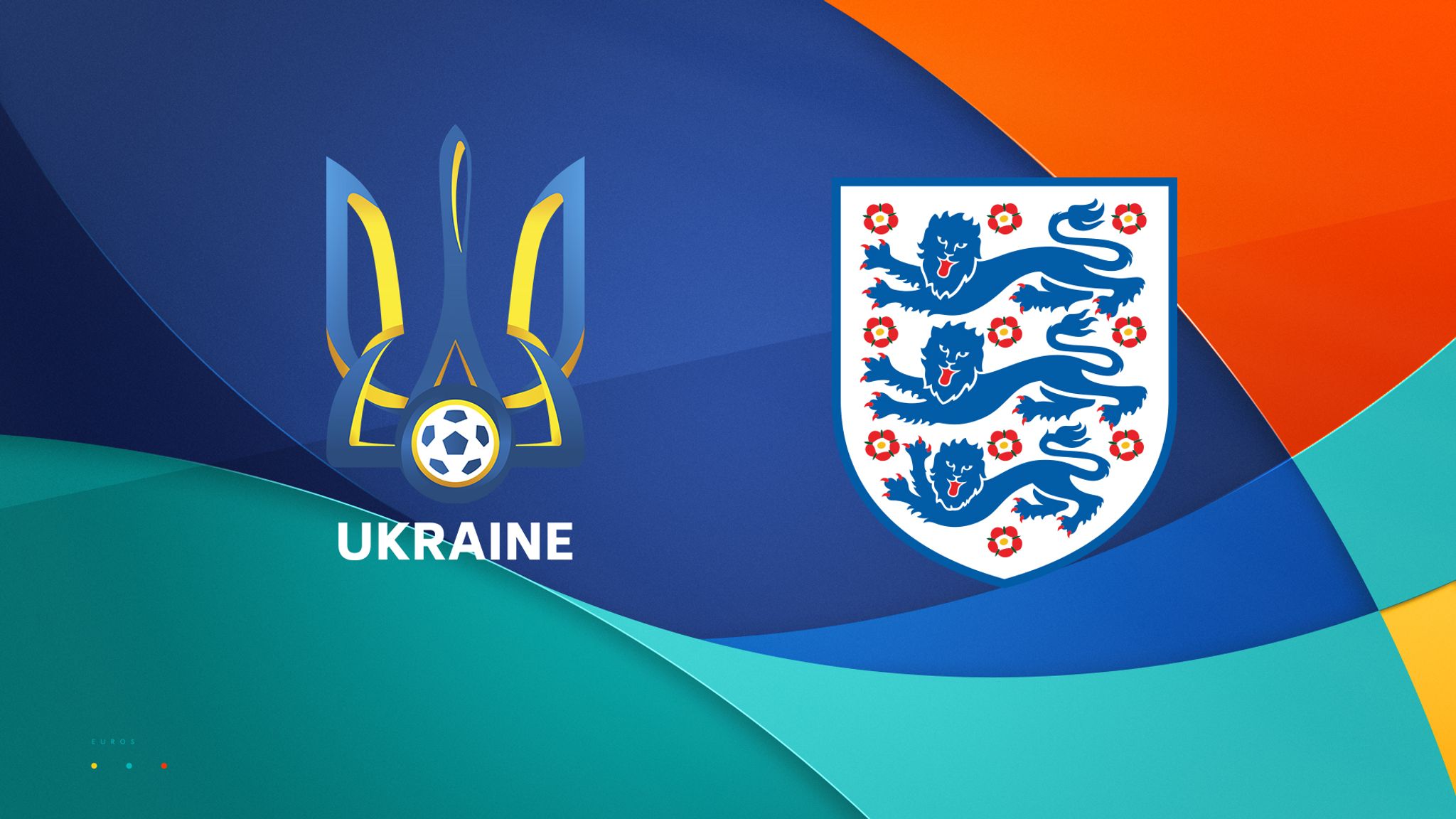


It features several important symbols that unite Ukrainians, from Lugansk to Uzhhorod, from Chernihiv to Sevastopol. “The new form of the national football team of Ukraine is definitely special,” read the accompanying text. “They neglect the expression of the will of Crimeans, which also doesn’t fit with the understanding of what democracy is.” Also on rt.com Ukraine’s soccer team releases EURO 2020 music playlist – players pick just one Ukrainian tune but select THREE songs by RussiansĪdding fuel to the claims that the shirts carry a clear political message, Ukrainian President Volodymyr Zelensky posted images of himself posing with the kit on his Instagram account. “There’s no novelty here, because the position of the Ukrainian authorities regarding Crimea is well known to us. “No,” replied the Russian leader on Wednesday when asked on national TV if he'd been offended by the shirts. Putin, however, said there was nothing novel in the approach adopted by Ukraine and the new kits. That also includes two slogans woven into the shirts – ‘glory to Ukraine’ and ‘glory to heroes’ – which have been associated with WWII Nazi sympathizers. The Russian Football Union has written to governing body UEFA to ask for clarification over why the kit was approved even though it contains elements deemed politically provocative. Also on rt.com Ukraine’s Euro 2020 soccer shirt to carry slogan of Holocaust perpetrators, weeks after arena named for WWII Nazi massacre leader The front of the shirts features an outline of a map of Ukraine which includes Crimea, even though the peninsula is part of Russia after citizens overwhelmingly voted to rejoin the country amid the civil disorder in Kiev in 2014. The Ukraine football team outraged some figures in Russia when they unveiled their new set of kits for the upcoming Euro 2020 tournament over the weekend. Russian President Vladimir Putin has suggested he was not overly bothered by Ukraine’s new Euro 2020 kit, which features a design incorporating Crimea despite the peninsula rejoining Russia in a landslide referendum in 2014.


 0 kommentar(er)
0 kommentar(er)
